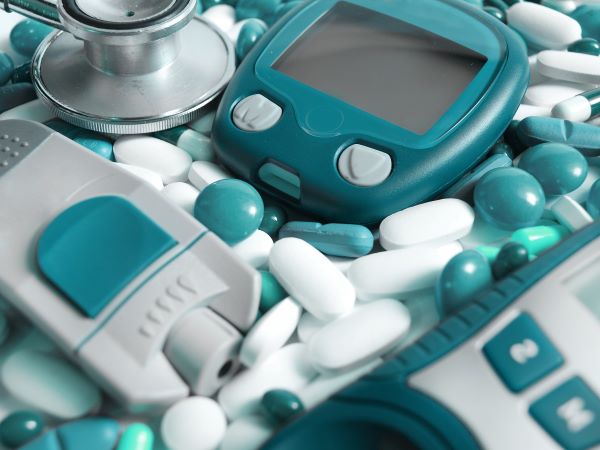Survey reports on falsification of medical devices
Posted: 1 December 2023 | | No comments yet
Falsification of medical devices exists in Council of Europe member states, but there are few investigations and prosecutions, a new survey finds.


A new report by the Committee of Experts on minimising the public health risks posed by falsified medical products and related crimes (CD-P-PH/CMED) shares insight on how authorities perceive and address the falsification of medical devices.
The report details findings from survey completed by 21 of the 46 Council of Europe member states on counterfeit medical devices.
The survey was conducted because, although falsification of medical devices is a serious international matter of concern, there is little data available, making it difficult to assess the current situation, the report states.
Legal frameworks for medical devices
Medical devices form a vast category, comprising over 500,000 products”
The report explains that medical devices “form a vast category, comprising over 500,000 products,” with the field currently experiencing “major developments in terms of new technologies and new types of products”.
“Due to the complexity of the area, work to establish effective legal frameworks and monitoring systems is ongoing,” it adds.
Additionally, given implementation of the latest EU regulations applicable to medical devices (2017/745 and 2017/746) is “still in its early stages”, there is little information on the impact of these regulations in addressing the falsified medical devices.
Survey findings
Survey responses confirmed the existence of falsified medical devices. However, it suggested that few investigations are instigated, with even fewer prosecutions.
Seven countries reported knowing about criminal investigations of falsified medical devices, but only five had knowledge of prosecutions.
Several reasons were given as obstacles for investigations, including inexperience with cases, lack of resources, and the low priority of medical device cases in law enforcement activities.
The survey also found there “is practically no data collection” and to date, “little exchange of information” on suspected falsified medical devices.
The report concluded: “A general problem seems to be a lack of understanding of the nature of medical devices, and consequently a lack of awareness of the problem of falsification at most levels.”
“Better application of existing legislation and better enforcement could also have a positive impact on other aspects, such as information exchange, informing of authorities/stakeholders, awareness of the issue and more,” it added.
Related topics
Drug Counterfeiting, Manufacturing, Medical Devices, QA/QC, Regulation & Legislation, Supply Chain









